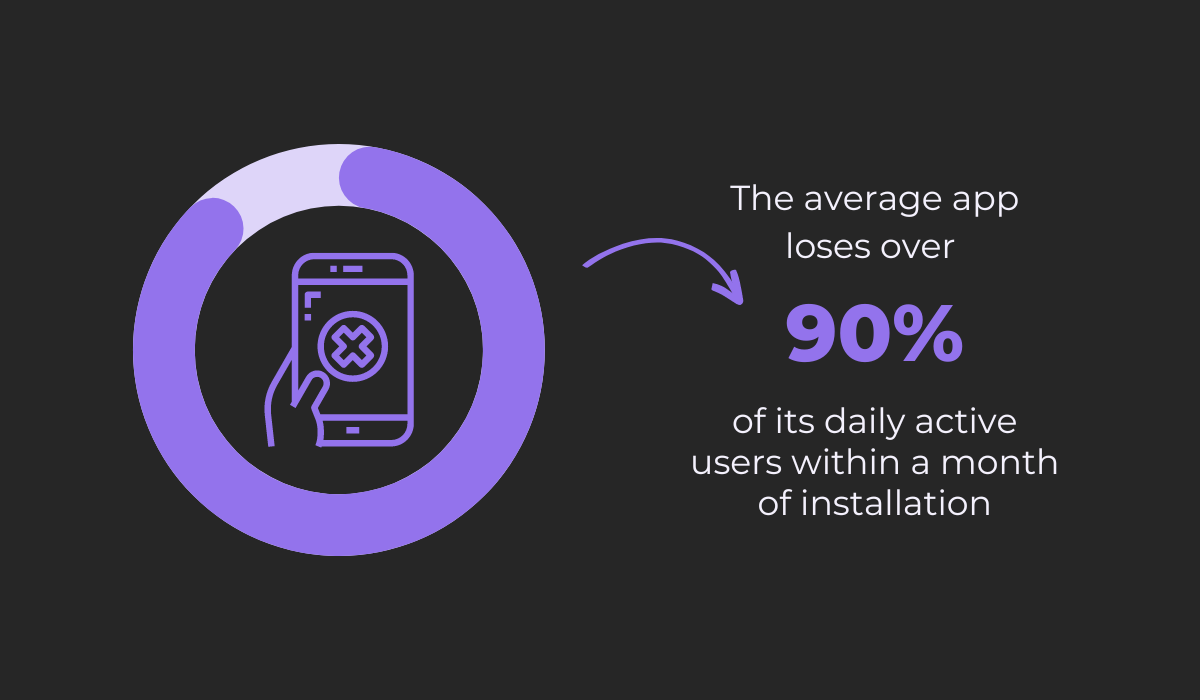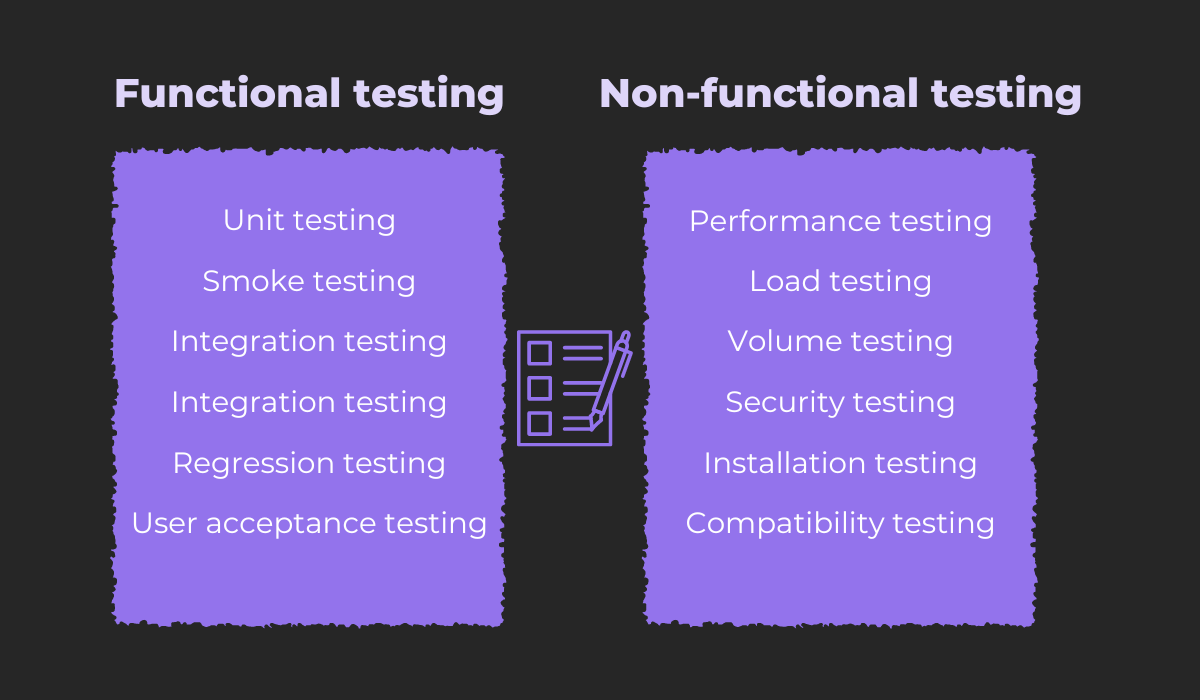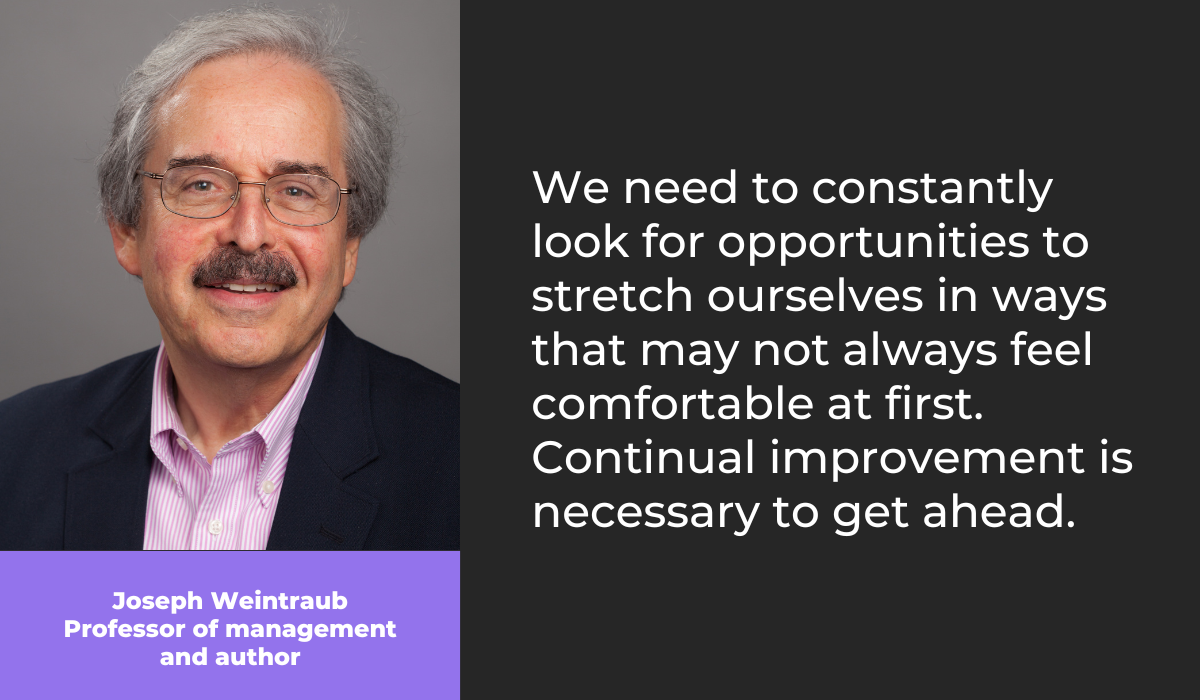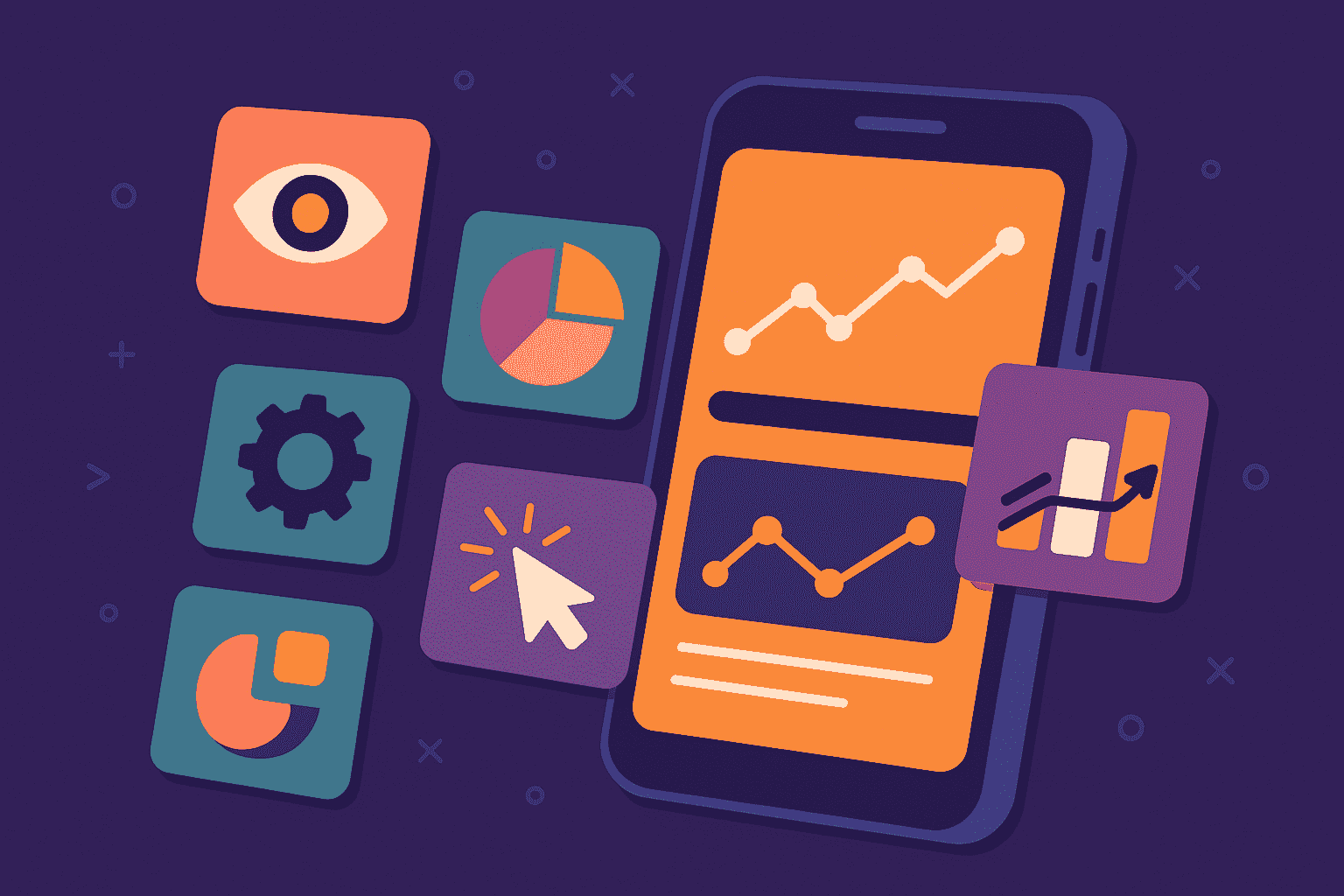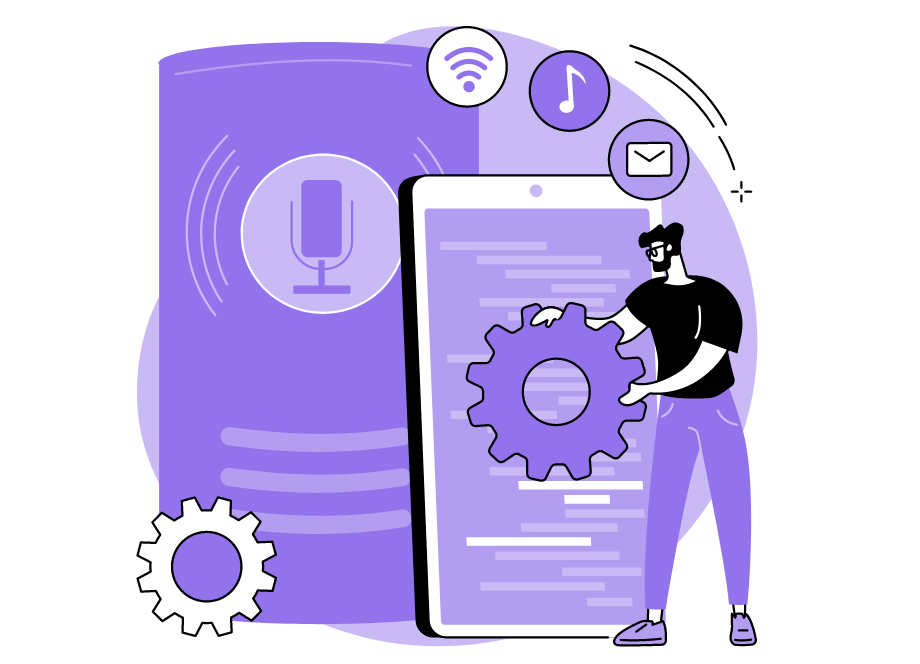
Mobile apps have become an integral part of everyday life. You’d be hard-pressed to find someone who’ll fight that claim.
However, because they are so omnipresent, the need for high-quality and flawless interaction with them rises daily.
That’s why mobile app testers are becoming increasingly important.
Mastering mobile app testing is challenging. It requires knowledge, attention to detail, and the skill to perform the needed tasks.
Luckily, you can become a better mobile app tester if you follow the tips we’ve prepared for you in this article. So let’s start!
Table of Contents
Know the types of mobile testing
If you want to improve your mobile app testing skills, you should start by bolstering your fundamentals.
Just as it wouldn’t do much good to paint over a wall with cracks all over it, diving into bettering your advanced testing skills without first covering the possible gaps in your basic knowledge would most likely be in vain.
Therefore, to start from the beginning, you should first understand the different types of mobile testing.
As Neha Bharati, a software engineer and technical writer, points out, knowing what types of tests are available is simply crucial for doing your job well.
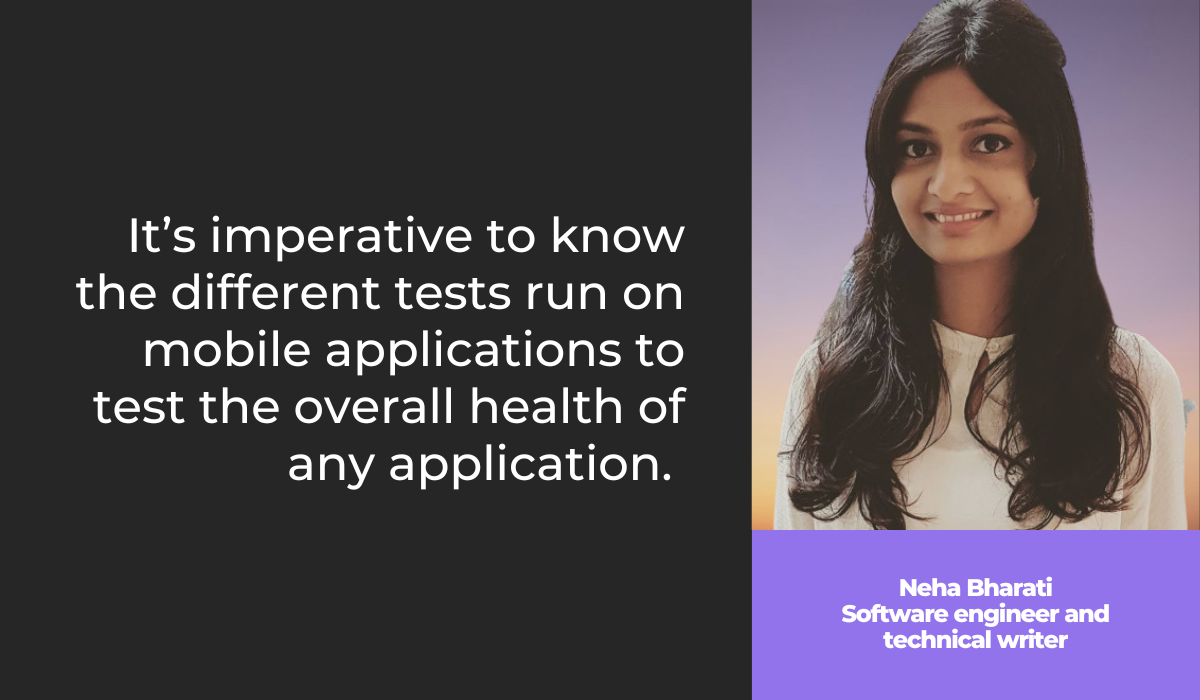
Furthermore, being familiar with different types of mobile testing will ensure that you do your job well, which can lead to another vital benefit for your company.
The mobile app market is so saturated that users are spoiled for choices for virtually any need they have. Also, they have little patience for apps that aren’t performing as they should.

Get unreal data to fix real issues in your app & web.
So, by knowing your mobile testing types, you can help retain customers longer. Simply put, you’ll be a better mobile app tester if you know your fundamentals.
Considering that Quettra’s data indicates that 77% of users leave an app after only three days, and over 90% stop using it within 30 days, it’s best to ensure that your testing isn’t what gives them an opening to leave.
Of course, having in-depth knowledge of every type of software app testing that exists is unrealistic.
For instance, Guru99 lists over 100 types of testing. It makes sense that no one can be specialized in every one of them.
However, you should be proficient in those types of testing that are most commonly used throughout the software development world.
For example, one of the usual categorizations of testing types is dividing test types into functional and non-functional.
Here are some examples of test types from each of those categories:
Functional and non-functional tests are among the most important testing types to know if you want to improve your skills.
We won’t go deeper into each of those test types in this section, but you can find more information about them in other articles from our blog.
Reading up about them is also a great way to learn more or refresh your memory if you’re already familiar with those test types.
But there’s more to do if you want to improve your mobile app testing skills. Let’s go on and see what that is in the next section.

Familiarize yourself with testing tools
For detailed and reliable mobile app testing, you need to be familiar with various testing tools.
That way, you can know which type of tool to use in which situation and which specific tools suit you and your mobile app testing needs the most.
That’s important because there are many testing tools available for different purposes.
The process of becoming a more skillful app tester includes acquiring knowledge of the testing tools and what they can do to improve your results.
After all, testing tools are just like any other tool for any other job. To be good at what you do, you need to know what you work with inside and out.
For example, some tools you are likely to regularly use for app testing are emulators and simulators.
In a nutshell, emulators mimic the actual device’s hardware and software configuration, essentially creating an entire virtual device to test the app on.
One of the many emulators you can explore is Genymotion.
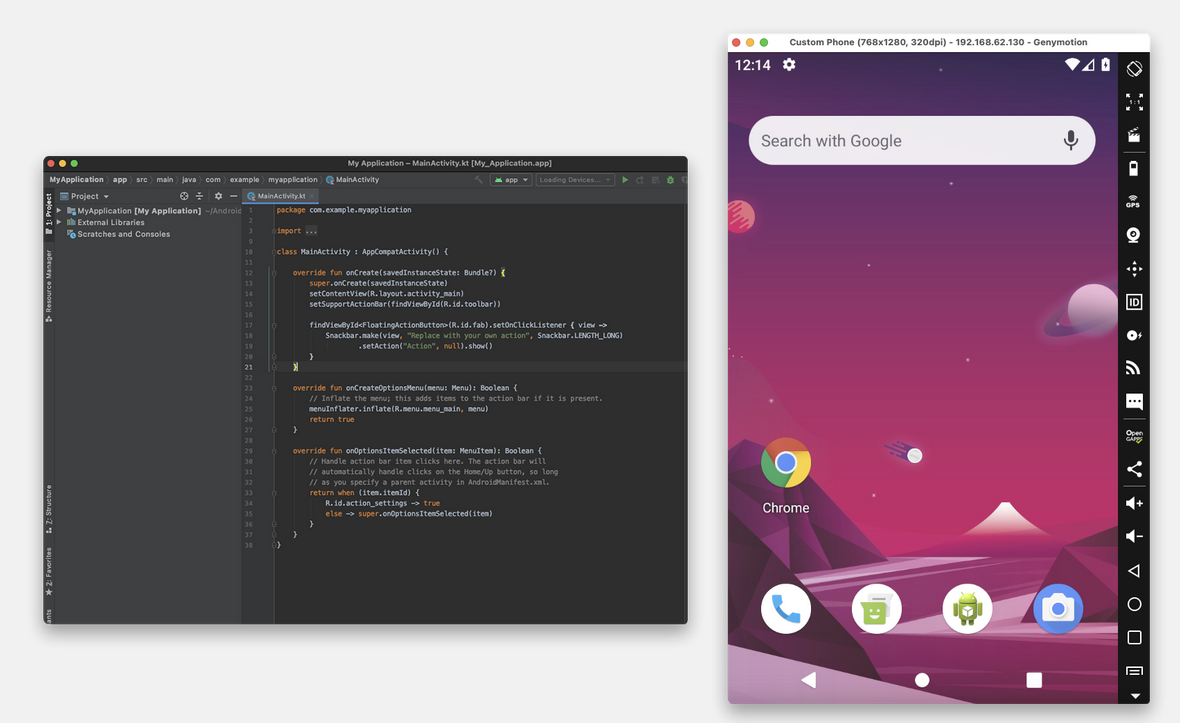
It’s a powerful tool that can emulate many conditions on thousands of Android device configurations.
Familiarizing yourself with emulators like Genymotion will make you a more skillful app tester because you will be able to use all of its features to test apps in a multitude of scenarios and situations.
Simulators are another type of testing tool you should know how to use. They are mainly used for iOS devices and don’t replicate hardware configurations.
Instead, they create an environment that simulates an operating system so that you can test the app in an environment that acts like the device’s software.
A well-known simulator is the one in XCode tools. It runs on Mac and simulates iPhone, iPad, Apple Watch, or Apple TV environments.
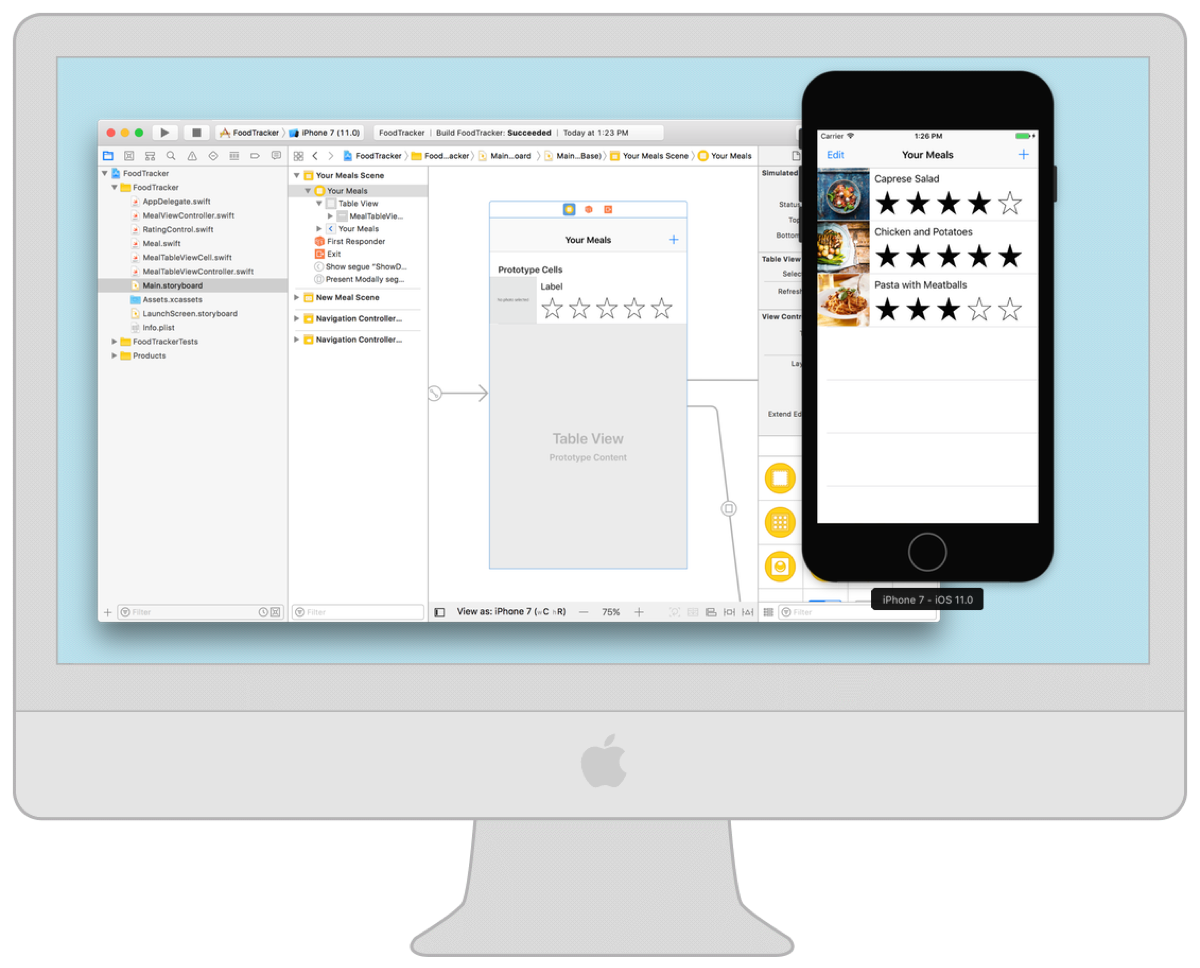
Of course, emulators and simulators aren’t the only tools that can help you improve in mobile app testing.
You should also know how to use tools that aren’t strictly speaking testing tools but can significantly improve the process by making it faster and easier.
Shake, our own solution, is one of them. It’s a bug and crash reporting tool that you can use to report bugs found during testing.
All that is needed is a shake of a device, and the software automatically creates a detailed bug report.
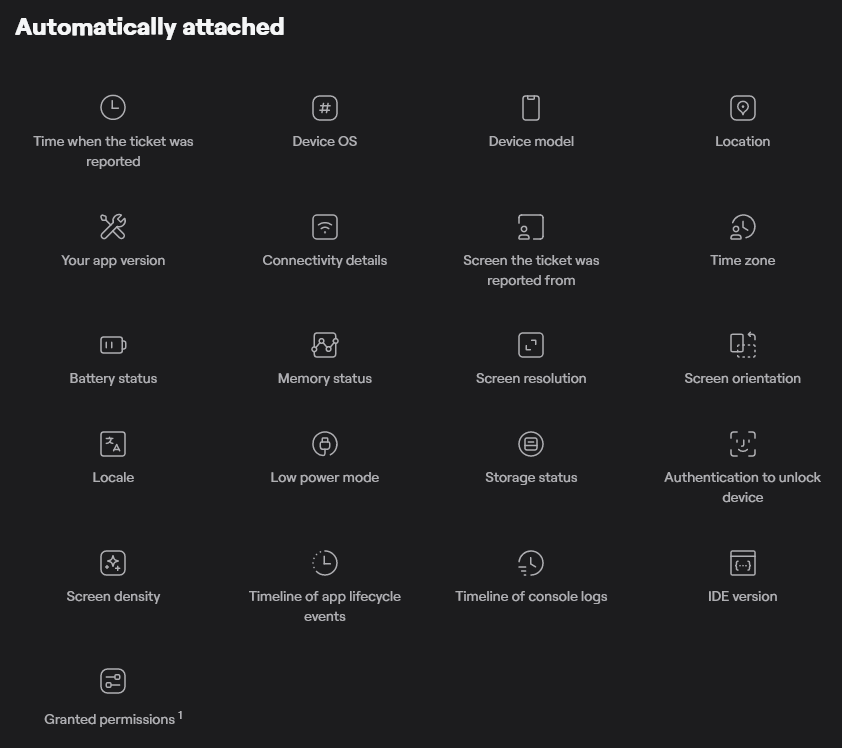
You can customize reports by adding more data and making them even more comprehensive.
Used in conjunction with other app testing tools, it’s a winning combination for becoming a better mobile app tester.
Practice by testing mobile apps
Whatever activity or job you do, there is a way to become better at it. And there isn’t any secret to success passed down through generations—you just have to practice.
Although that might sound overly simple, science backs it up.
According to a study that looked at the effects of practice on skill in different activities, how much you’ll improve depends on the activity you practice, as well as many other factors.
However, as Fred Oswald, psychologist and one of the study’s co-authors, points out, there is no doubt that deliberate practice itself is a strong predictor of success, overall.
Not surprisingly, people who report practicing a lot generally tend to perform at a higher level than people who practice less.
Therefore, if you want to improve your app testing skills, you should practice testing apps. But how can you do that?
One way is to try to reproduce a bug in the app, take notes of the process, and try to understand what led to its appearance.
After all, reproducing a bug on purpose and examining it is a standard developers’ practice in debugging apps.
To reproduce a bug, you can use a bug report that usually contains steps to produce it, like the report below.
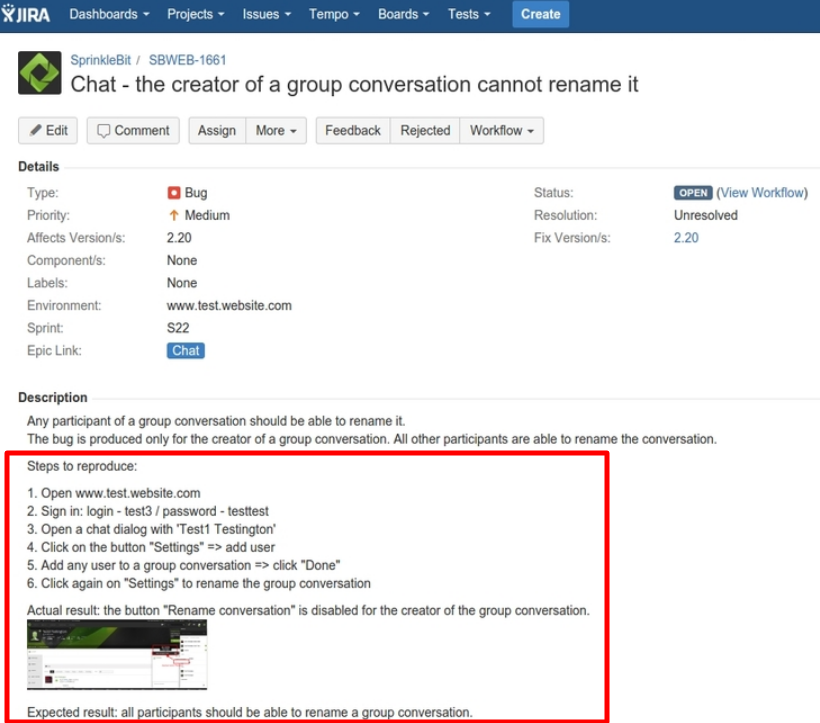
Studying bug reports and reproducing bugs can help you become a better tester.
You’ll become more aware of how the different types of apps can behave, what can cause problems, and how to fix them efficiently.
Even if the fixing part is not your job, knowing the whole process inside and out gives you insight into what’s important to notice while testing apps.
It’s also a good idea to read changelogs or release notes for a particular app version.
They contain information about bug fixes so you can find an older version of the app where that bug should still be present and try to reproduce it.
For instance, the Podcast Addict app has a changelog on its website that lists improvements and bug fixes after every app update.
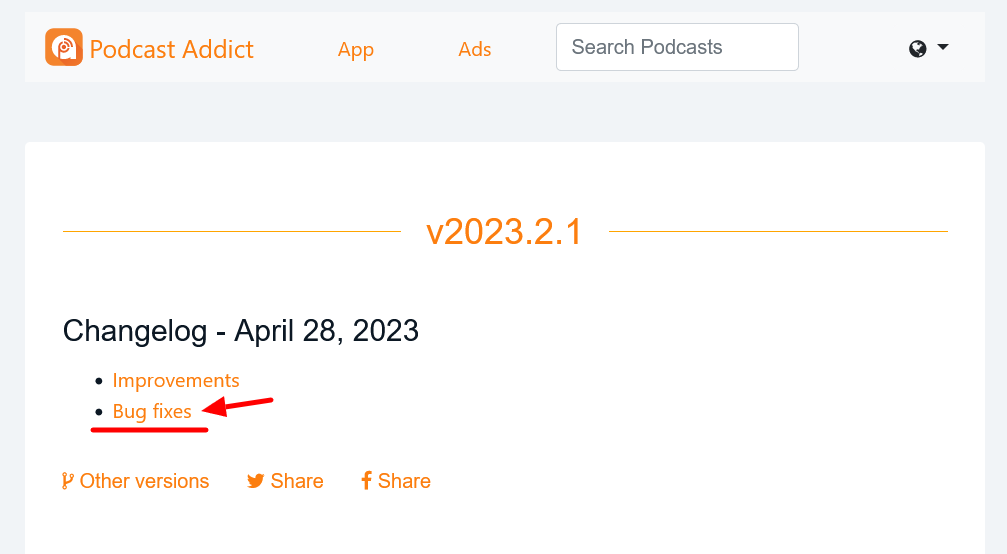
You can open a list of bug fixes and test the previous app version to see if they’ll occur, all while taking notes of the steps you’ve taken.
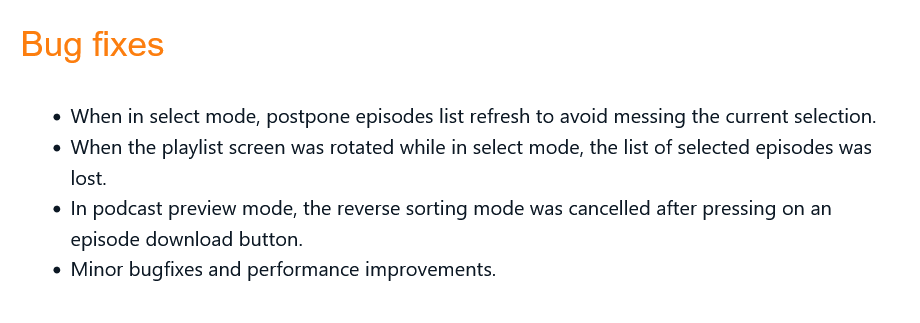
Studying bug reports and changelogs is a great way to immerse yourself in specific apps and practice testing, observing, and understanding the underlying causes of bugs.
Practice might not always make perfect, but it will certainly improve your skills.
Invest in mastering your skills
As we’ve mentioned in the previous section, practicing testing mobile apps will make you a better app tester.
However, you can also master your skills by expanding your knowledge about app testing.
And that’s important for several reasons.
First, the software development field is growing and changing fast. The sheer number of programming languages indicates how expansive the software development field is.
As Marissa Upson from BestColleges points out, according to various sources, there are anywhere between 250 and 2500 programming languages today.
Although only a few dozen are commonly used, that’s still a lot.
Secondly, to master a skill, you need to challenge yourself.
Here’s how Joseph Weintraub, a professor of management at Babson College, sums that up:
So, how to continually improve and stretch your knowledge about mobile app testing? By learning new methods, techniques, and frameworks.
Luckily, many online sources can help you with that.
Educational websites like Udemy, which offer online courses in virtually any field imaginable, have dozens of courses about mobile testing.
Below, you can see a small part of them.
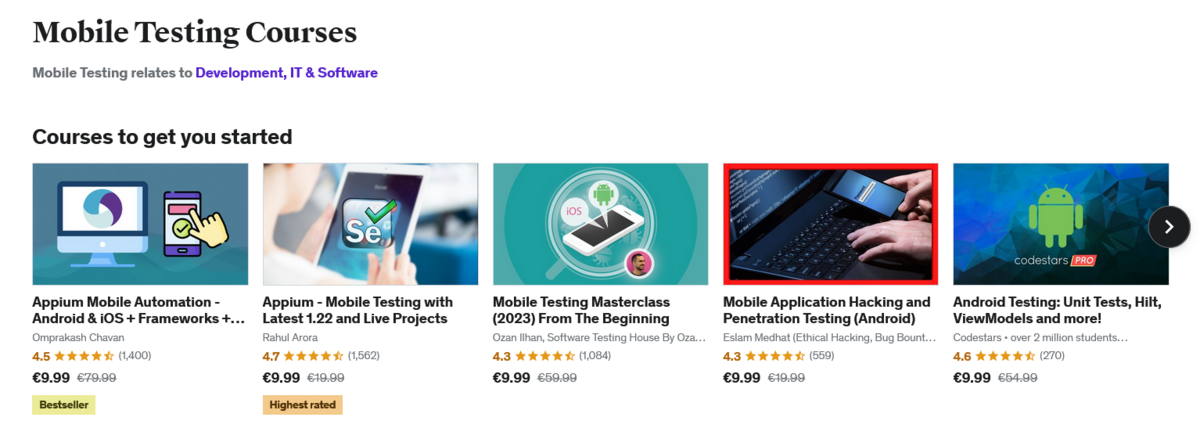
Udemy offers courses that cover mobile testing as a whole, from beginner topics to more specialized lessons, but also advanced courses for improving specific testing skills.
In short, regardless of your level of expertise, you can find something for yourself.
If you want something more formal, there are resources like that, too.
The Association for Software Testing (AST) is a professional organization focusing on software testing.
They offer Black Box Software Testing (BBST) courses that provide a more in-depth look at the subject matter and expect you to spend at least 12 hours a week on a course.
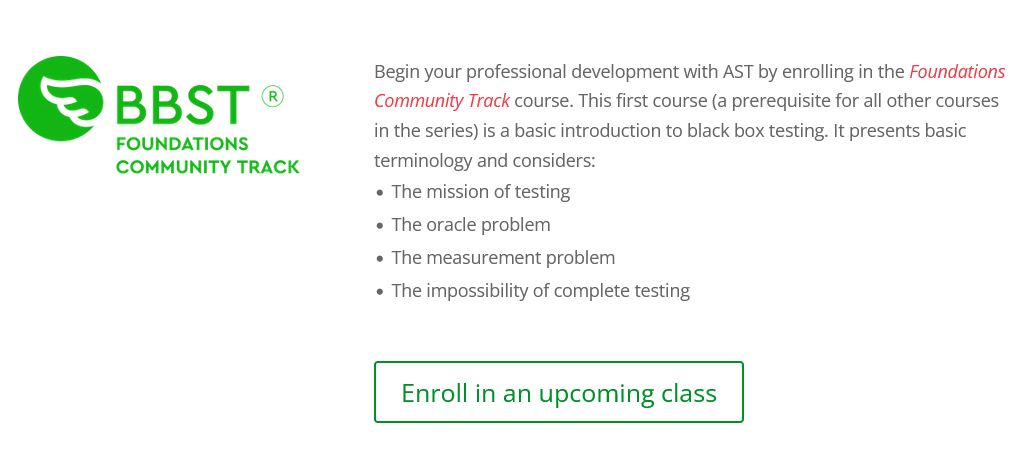
There are other courses like those from the International Software Testing Qualifications Board (ISTQB).
That institution has a wide range of courses you can take and certificates you can earn—take a look at the diagram of their portfolio:
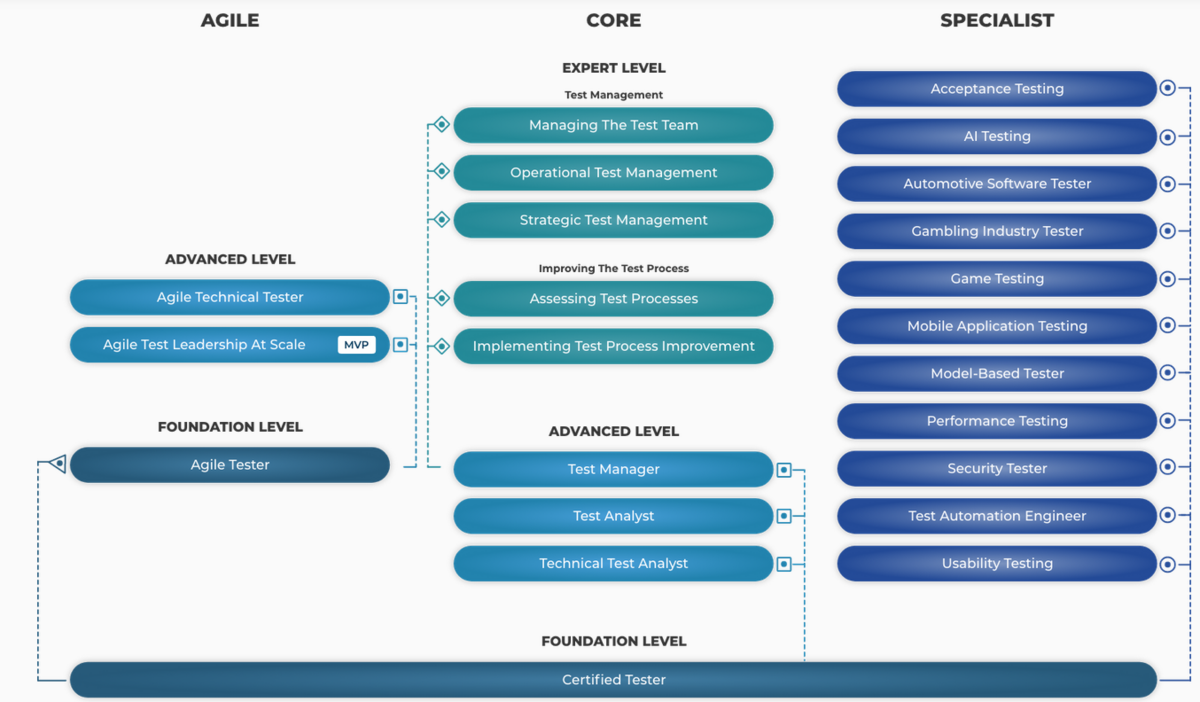
As you can see, with the range of options available for improving your mobile app testing knowledge, there is no reason not to invest in your skills.
The more you do that, the better you’ll become at your job.
Keep your testing skills up to date
Although completing online courses, getting certificates, and practicing mobile testing can get you far on your journey to becoming a better app tester, you should constantly refresh your knowledge.
Courses and books are great sources of information, but they are mostly monolithic and don’t change their content often.
On the other hand, technology changes fast, so you need additional resources to keep up with those changes.
Conferences are one such reservoir of knowledge. Most of them are held once a year and feature experts who focus on the latest trends and technologies in software testing.
For example, TestCon Europe is the biggest software testing conference in Europe which covers the most relevant topics in the industry.

In addition to gaining new knowledge directly from experts, you can also brush up on your skills in workshops often held during those events.
But there are more benefits to attending gatherings like that. It’s an opportunity to make connections, talk with other testers, exchange ideas, collaborate, etc.

In short, you can become an active part of a community, which can help you stay updated on your knowledge.
However, attending conferences takes time and resources, which not everyone has.
A simpler way to keep your testing skills and knowledge updated is to use sources like blogs, social media, and podcasts.
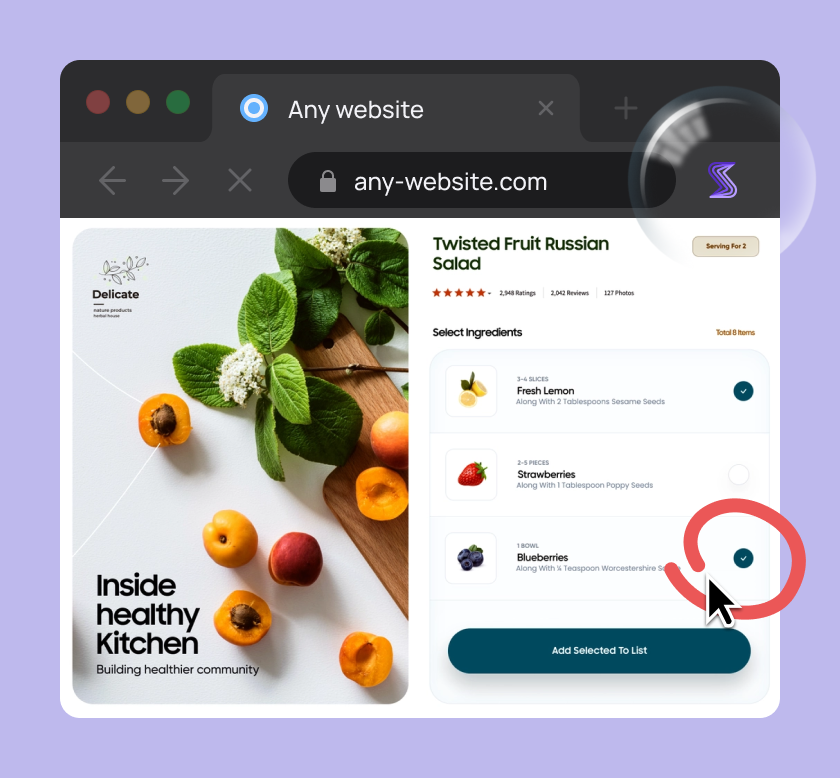
Capture, Annotate & Share in Seconds with our Free Chrome Extension!
The purpose of all those resources is to be relevant, so you know that you’ll get fresh information if you find a quality source.
For instance, Joe Colantonio is a testing expert focused on automation, but you can find all sorts of testing-related topics on his Test Guild blog.
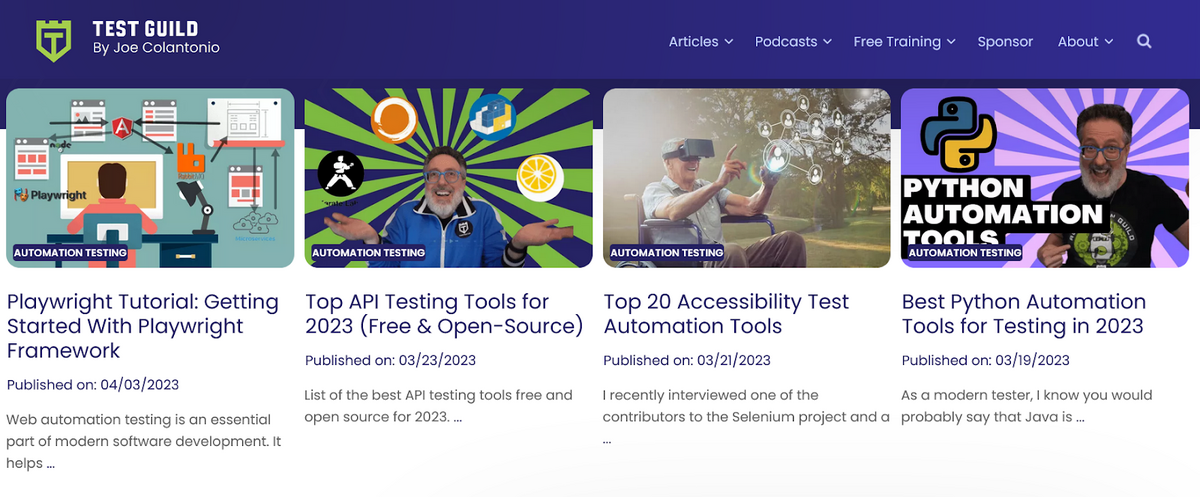
He is also very active on Twitter, where you can follow him for news about his blog, podcast, books, or other general software testing information.

All in all, keeping your testing skills updated is vital.
Luckily, there are many ways you can do that, and it only depends on you which method you prefer.
Conclusion
No matter if you’re a beginner at app testing or experienced in that field, you can always find ways to improve and deliver better results.
Some of the ways to do that are in this article, so all you need to do is take advantage of the tips and techniques we’ve presented to you.
Consider it a resource to sharpen your mobile app testing skills and help deliver app users the outstanding experience they want.

